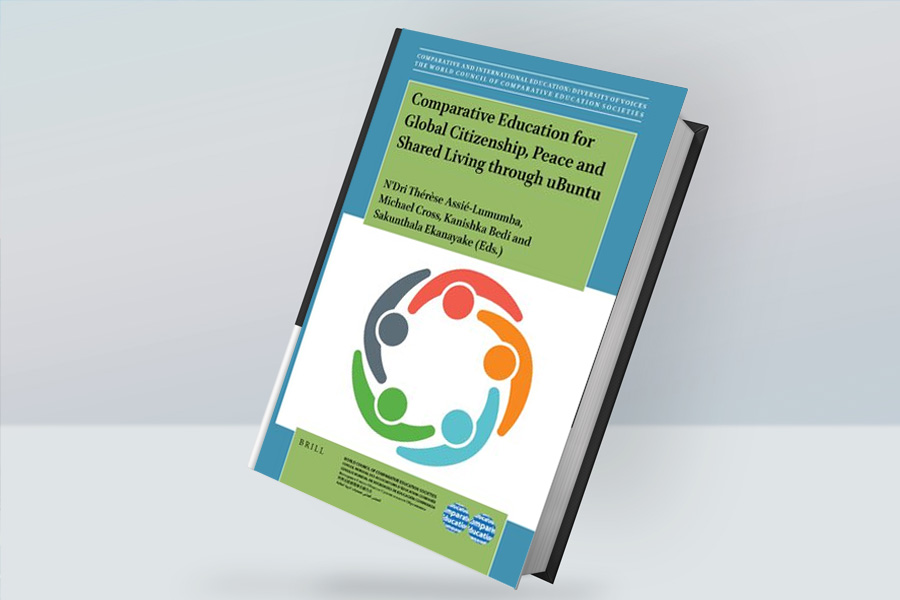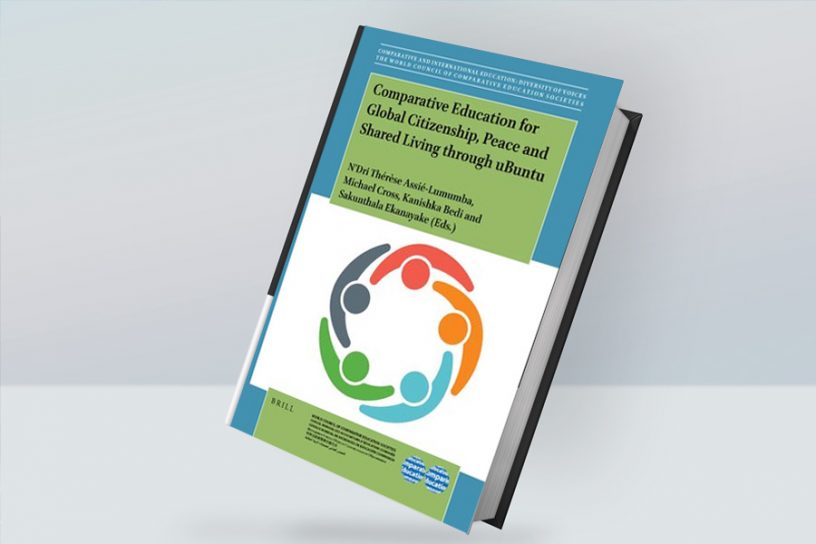
Studying the “creative resistance” expressed by Rabindranath Tagore could hold the key for understanding some of the deeply-rooted educational problems within the South Asian context, even in contemporary times, argues the author.
Author
Mousumi Mukherjee, Associate Professor, International Institute for Higher Education Research & Capacity Building (IIHEd), O.P. Jindal Global University, Sonipat, Haryana, India.
Summary
This chapter first discusses the context of Indian higher education during colonial British India, the vestiges of which are still predominant within the mainstream system. Thereafter, this chapter sheds light on Rabindranath Tagore’s conceptualization and establishment of a world-minded Indian University for intercultural understanding, community development, environmental sustainability and global peace within the British colonial context in India.
Drawing on archival research at Visva-Bharati University and the University of Illinois, Urbana-Champaign, this chapter argues that, studying the “creative resistance” (Darts, 2004) expressed by school and college drop-out Nobel laureate and educational reformer, Rabindranath Tagore, could hold the key for understanding some of the deeply-rooted educational problems within the South Asian context, even in contemporary times.
Published in: Assié-Lumumba, Bedi, Cross & Ekanayake (Eds.) Comparative Education for Global Citizenship, Peace and Harmony through Ubuntu. Leiden, Boston: Brill-Sense
To read the full book chapter, please click here.


